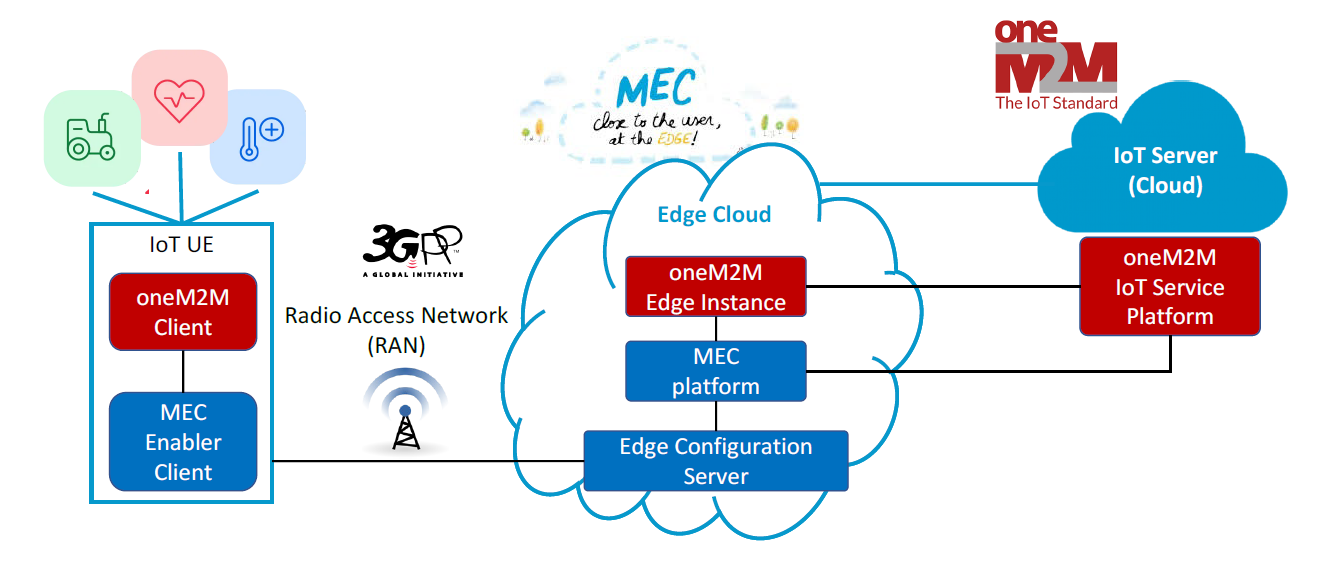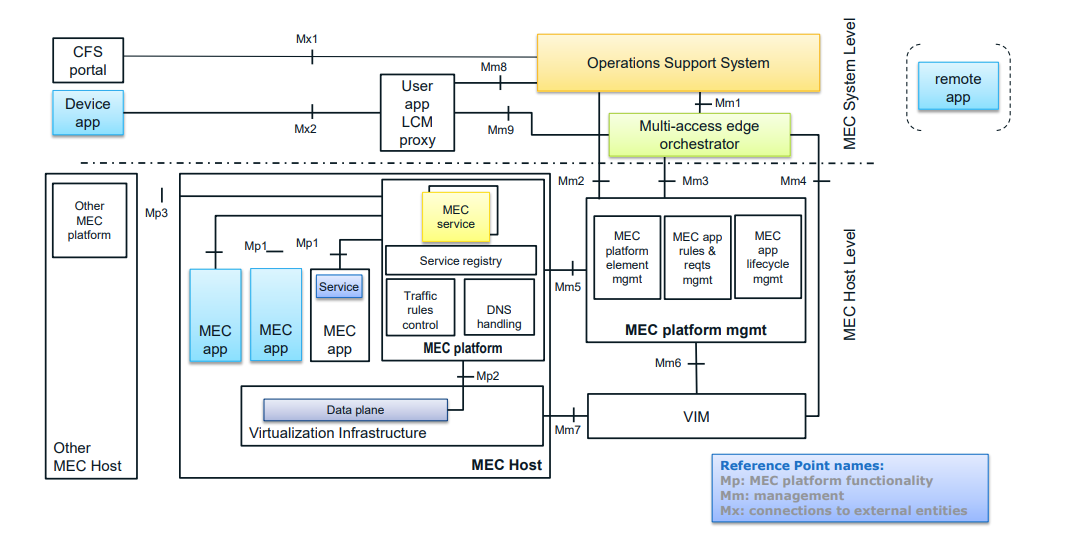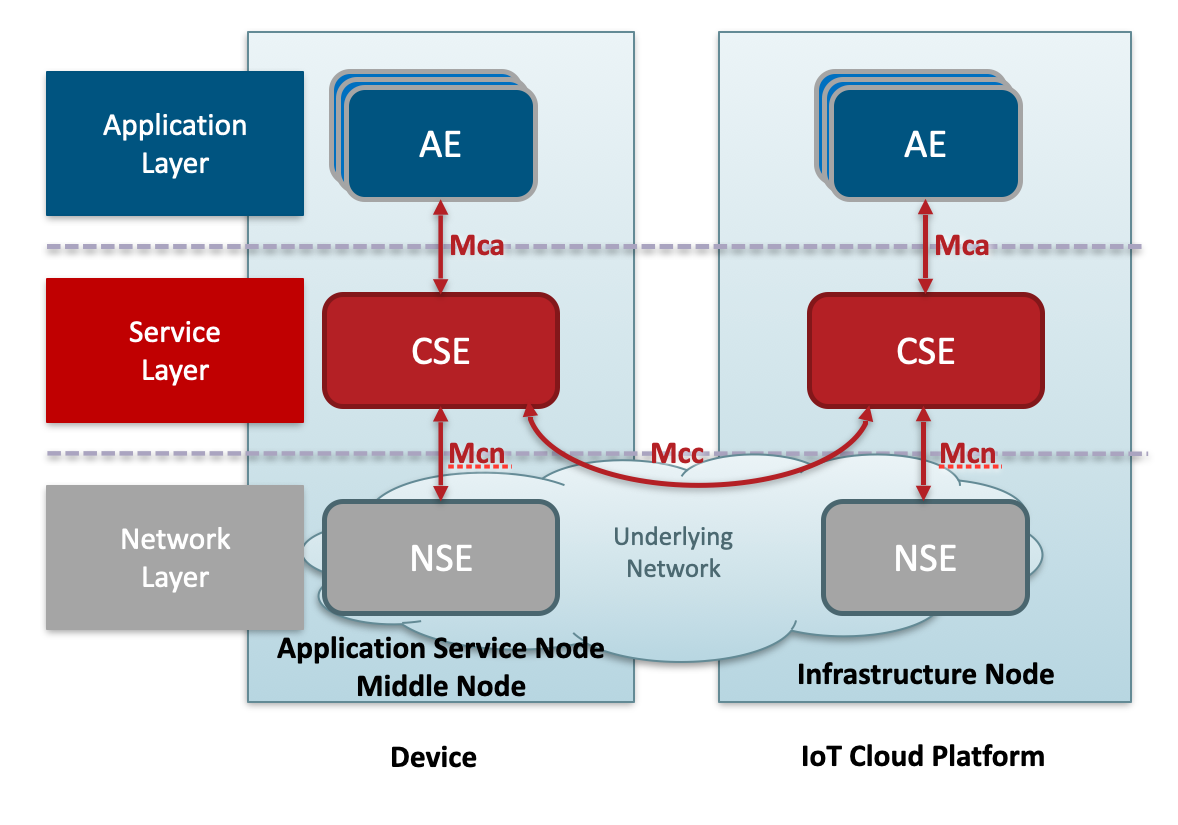What We Do.
The ESTIMED project is bringing together user and industry supply side perspectives, starting with an assessment of promising use cases and related requirements. From these, the project team is focusing on PoC implementations (with software made available open-source) and standardization activities (including interoperability tests) that will enable global scale in the market. The project impact to facilitate adoption will be ensured by alignment with the ecosystem (e.g. MetaOS and open-source communities), by testing application ideas and identify innovative uses through developer hackathons. Finally, the ESTIMED project includes outreach activities such educational tutorials, webinars and publications on professional media and trade-press sites.


